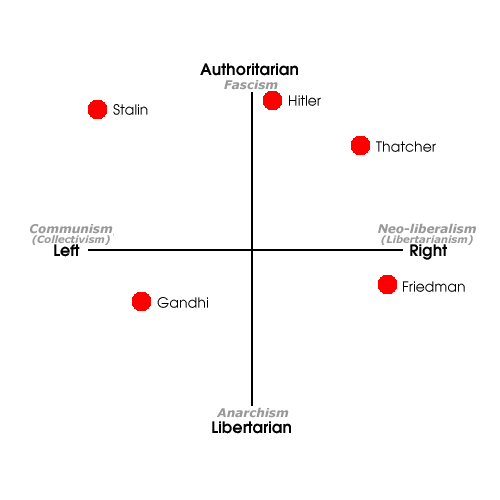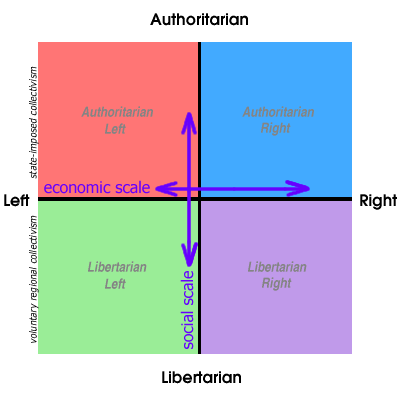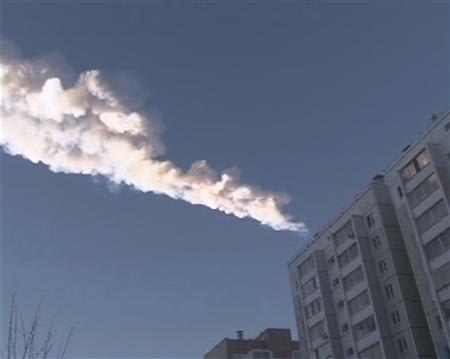What is Art
Banksy's Artwork
Why was it produced?
To create controversy in society and in art, to explain Banksy’s personal opinions on society in a picture form.
Do you think the artists thought of it as “art”?
Many people see Banksy’s art as disruptive and as unacceptable. Artists probably view Banksy’s work as a joke, rather than serious artwork.
What is your opinion of it?
I like Banksy’s artwork as I think it shows true opinion rather than conforming to the norms of society and creating artwork in the same way that everyone expects artists to do.
What is art?
ART has not always been what we think it is today. An object regarded as Art today may not have been perceived as such when it was first made, nor was the person who made it necessarily regarded as an artist. Both the notion of "art" and the idea of the "artist" are relatively modern terms.
Many of the objects we identify as art today -- Greek painted pottery, medieval manuscript illuminations, and so on -- were made in times and places when people had no concept of "art" as we understand the term. These objects may have been appreciated in various ways and often admired, but not as "art" in the current sense.
ART lacks a satisfactory definition. It is easier to describe it as the way something is done -- "the use of skill and imagination in the creation of aesthetic objects, environments, or experiences that can be shared with others" - rather than what it is.
How could the artistic qualities of a controversial work of art such as the installation above or a
winning entry for the Turner Prize be explained to someone who doubted its artistic merits?
(17 marks)
You cannot define art as any one thing - it is simply someone's feelings or opinions expressed in almost any form. Everyone has the right to create an art of their choice in which ever form they choose, whether that be a painting, to music, to a film. One person cannot define art no matter how logical their answer may be - as the appreciation of different artworks depends on the person. Different people interpret art in different ways - for example, Banksy's artwork to one person may be pure vandalism on public property, but to another, could be inspiring and appreciated greatly, if they share the same views on society, or even if they don't.




